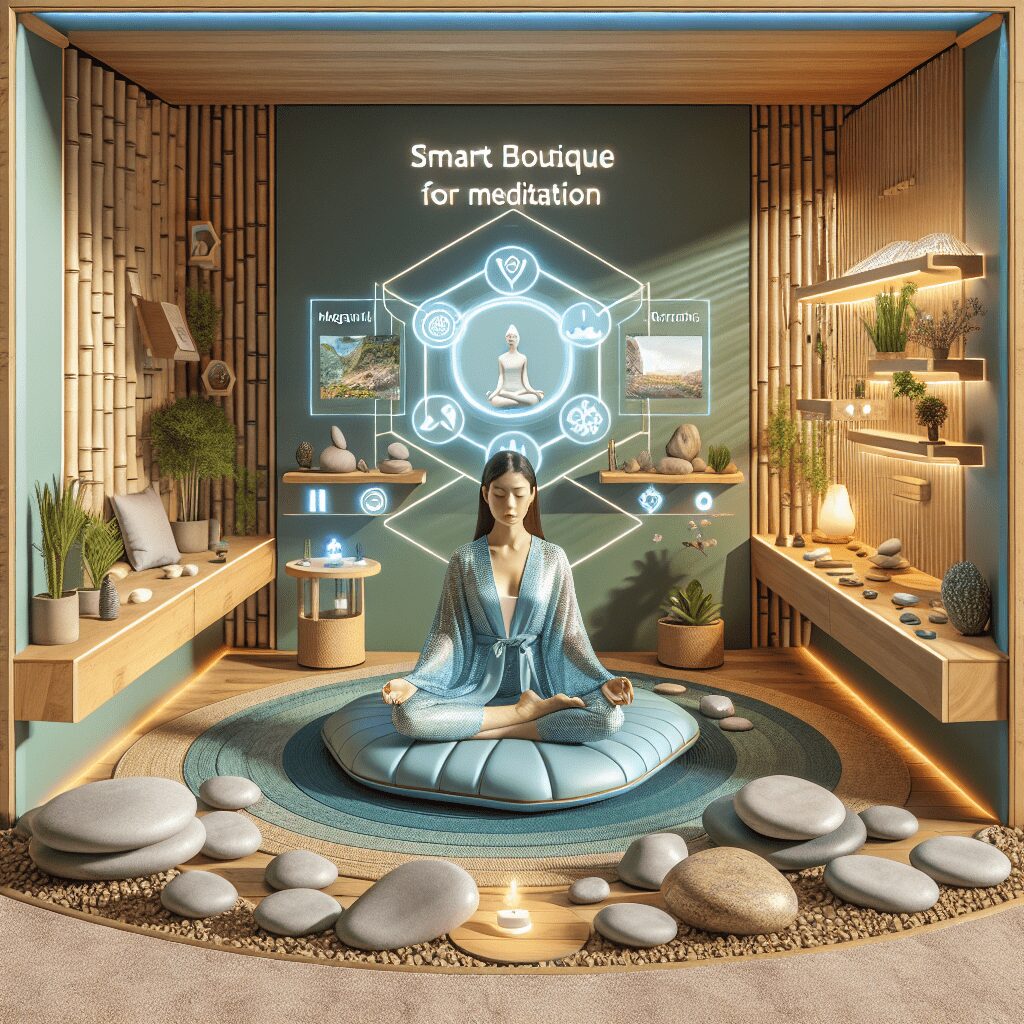
Prioritize your mental well-being daily. Enhance your life by nurturing your mental health with the Smart Meditation app. Break free from stress, alleviate anxiety, and enhance your sleep quality starting today.
Does Social Media Cause Depression And Anxiety?
Unraveling the Impact of Social Media on Mental Health
In an era dominated by likes, shares, and instant messages, the question of whether social media causes depression and anxiety has sparked heated debates among experts and laypeople alike. As our fingers swipe through endless feeds and notifications, it’s crucial to unpack the impact of these digital interactions on our mental well-being.
The Double-Edged Sword of Digital Connection
Ah, social media—the modern Pandora’s box, filled with both the promise of eternal connectedness and the peril of unanticipated consequences. On the bright side, platforms like Facebook, Instagram, and Twitter have transformed how we share experiences, stay informed, and maintain connections across the globe. It’s not all doom and gloom; these platforms can be tremendous sources of support, inspiration, and community building.
However, it’s not all rainbows and butterflies in the digital realm. As these platforms nestle themselves into the fabric of our daily lives, the darker underbelly of social media’s impact on mental health has come under the spotlight. Let’s dive into the crux of the matter.
-
The Comparison Trap: Ever caught yourself scrolling through someone else’s vacation photos or job success posts, only to feel a pang of envy? Welcome to the comparison trap, where the curated highlights of others’ lives lead to feelings of inadequacy, low self-esteem, and, ultimately, a dip in happiness levels. It’s a slippery slope from admiration to self-doubt.
-
The Pressure Cooker of Expectations: Social media has turned into a high-stakes game of presenting an idealized version of life. The pressure to craft the perfect post, amass likes, and maintain an enviable online presence can be downright exhausting. For some, this relentless pursuit of digital validation spirals into anxiety and stress.
-
FOMO – Fear of Missing Out: Oh, FOMO, you fickle beast! The constant barrage of updates about events, outings, and get-togethers can stir up a fear of missing out. This potent cocktail of anxiety and jealousy can lead to feelings of isolation, even when one is technically more “connected” than ever.
-
The Impact on Sleep: Caught in the glow of screens late into the night, many users unwittingly trade in precious Z’s for time on social media. Poor sleep doesn’t just make for groggy mornings—it’s linked to a host of mental health issues, including depression and anxiety.
-
Echo Chambers and Cyberbullying: The downsides of social media also include the formation of echo chambers—spaces where differing views are squashed in favor of uniformity, leading to polarization and intolerance. Worse still, the anonymity and reach of social media facilitate cyberbullying, a catalyst for traumatic stress and anxiety particularly amongst the younger demographic.
Striking a Balance: Navigating the Social Media Minefield
Given its pervasive influence, chucking our digital devices into the abyss isn’t a viable solution. So, how do we foster a healthier relationship with social media?
- Mindful Usage: Set boundaries around your social media time. Consider apps or device settings that limit daily usage to prevent mindless scrolling.
- Quality over Quantity: Curate your feed to include content and connections that uplift and inspire you, rather than trigger negative emotions.
- Real Connections Matter: Make a conscious effort to nurture offline relationships. Remember, a thousand virtual friends can’t replicate the depth of a single real-life bond.
- Embrace JOMO, the Joy of Missing Out: Take pleasure in unplugging and immersing yourself in activities away from the screen. Discover joy in the moment, whatever it may entail.
In sum, while social media has its bounty of benefits, its shadows on mental health are undeniably substantial. By approaching our digital lives with intention and awareness, we can enjoy the fruits of connectivity without falling prey to its pitfalls. Whether social media is a villain or a hero in the saga of mental health is largely down to how we wield it. Choose wisely, and tread lightly.





